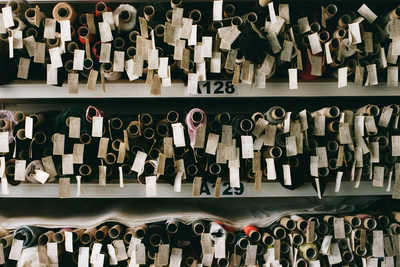French MPs made a landmark decision on Thursday, unanimously passing the first reading of a bill aimed at curbing the manufacture and sale of products containing PFAS, substances notorious for their persistence in the environment and potential health hazards. Spearheaded by environmentalist Nicolas Thierry, the bill proposes stringent restrictions on various consumer items containing PFAS, excluding those deemed essential for safety professionals, set to take effect progressively from 2026.
The proposed ban encompasses cosmetic products, wax products for skiing, and textile clothing infused with PFAS, highlighting a concerted effort to phase out these harmful chemicals from everyday items. However, contentious discussions within the National Assembly saw the exclusion of kitchen utensils from the list, triggering a backlash from manufacturers and MPs concerned about the potential impact on employment.
Notably, renowned kitchenware manufacturer SEB voiced vehement opposition, warning of significant job losses, particularly in regional plants responsible for producing Tefal frying pans. The company's stance prompted hundreds of employees to stage protests near the French Parliament earlier this week, underscoring the contentious nature of the proposed legislation.
Understanding PFAS:
PFAS, or per- and polyfluoroalkyl substances, have gained infamy as "forever chemicals" due to their pervasive presence and resistance to degradation in the environment. Originating in products developed in the 1940s for their water- and grease-repellent properties, PFAS have infiltrated various consumer goods, including food packaging, cosmetics, and firefighting foam.
The adverse health effects associated with PFAS exposure, including cancer risks and other health concerns, have prompted widespread calls for their prohibition. Notably, compounds like perfluorooctanoic acid (PFOA) and perfluorooctane sulfonic acid (PFOS) have been subject to regulatory scrutiny and restrictions owing to their carcinogenic properties.
Global Response and Future Outlook:
Amidst mounting global concerns, the European Union is contemplating a comprehensive ban on PFAS, echoing efforts to mitigate environmental and public health risks associated with these persistent chemicals. As debates continue and regulatory frameworks evolve, individuals are advised to exercise caution, opting for PFAS-free alternatives and adopting practices to minimize exposure to these ubiquitous contaminants.





